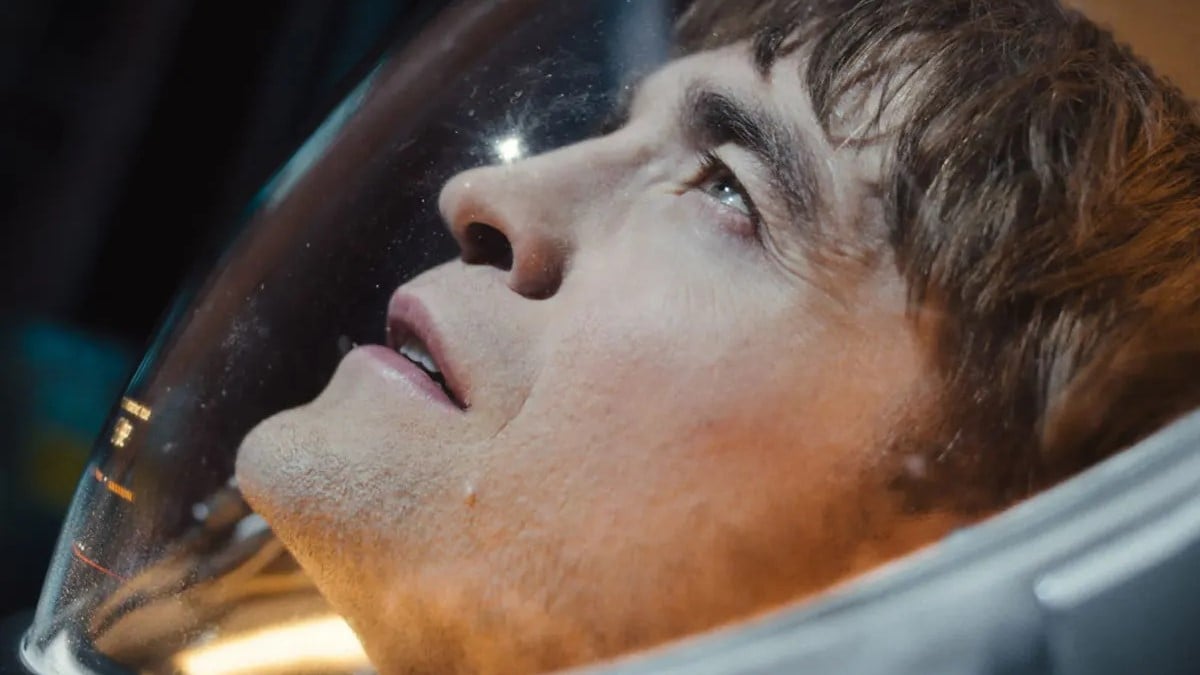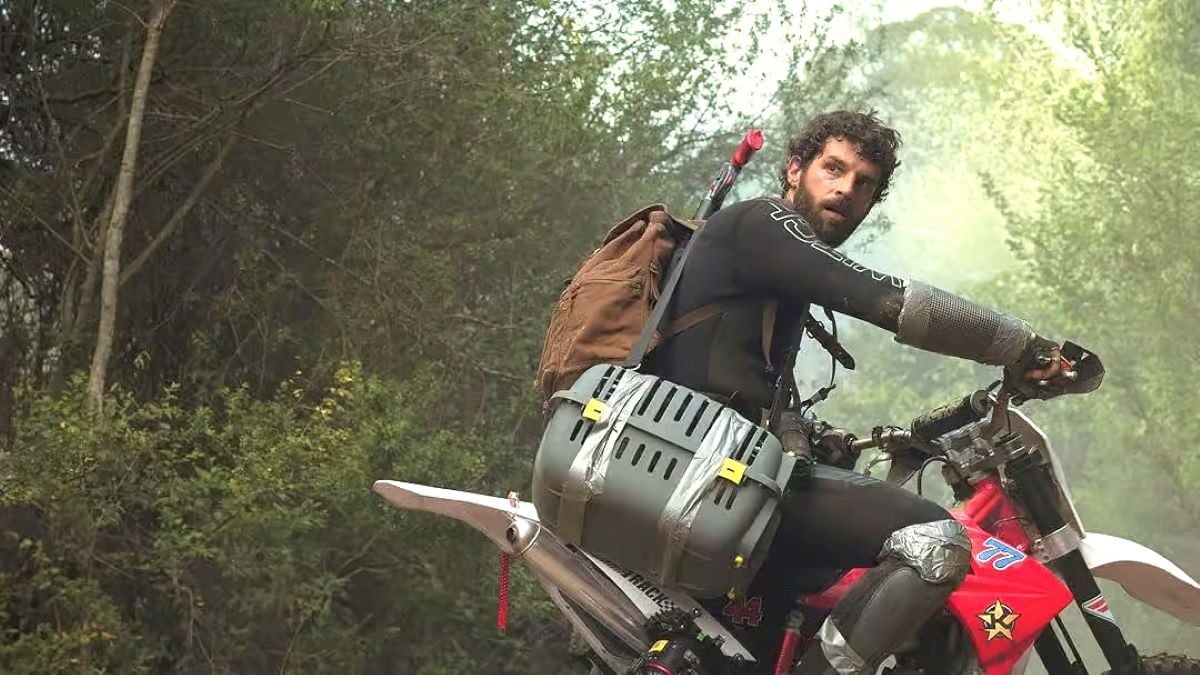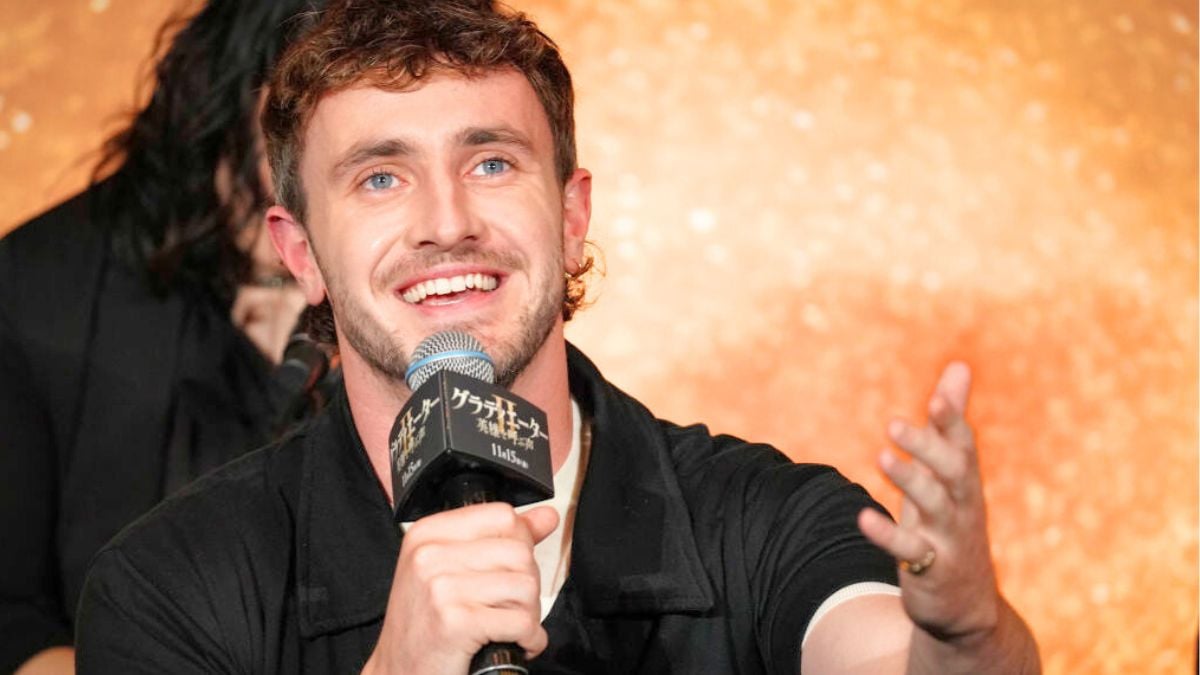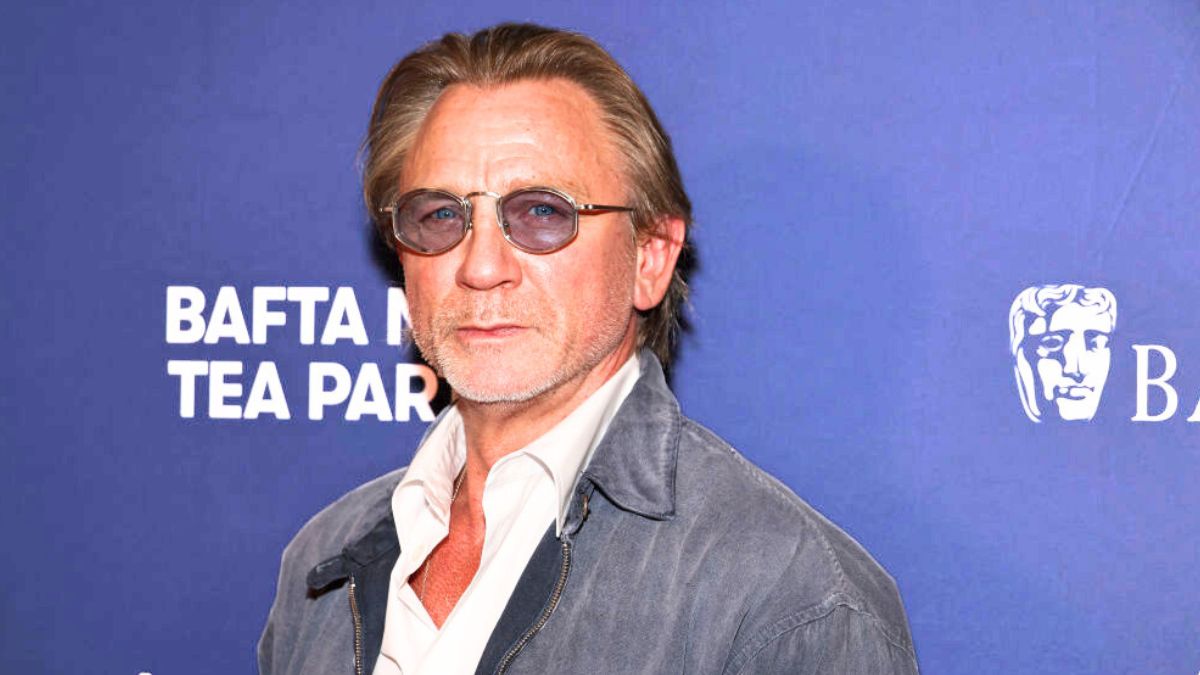Before I begin to review Cloud Atlas, I will note that I have not read the book nor did I have any knowledge of its contents before viewing the film. All I knew were basic plot outlines/ideas, and the brief background information on a handful of studio stills.
With that said, nearly a week later, I still do not quite know what to make of Cloud Atlas. The film is composed of six different overlapping, connecting stories taking place across six very different generations.
The first story revolves around a man, Adam Ewing (Jim Sturgess), as he details his journey across the Pacific Ocean in the 1840s. Cut to the 1930s, where troubled composer Robert Frobisher (Ben Whishaw) recounts his exploits to a friend through multiple letters. And then in the 1970s, young journalist Luisa Rey (Halle Berry) investigates a murder related to a rather shady nuclear facility.
Further along in 2012, old publisher Timothy Cavendish (Jim Broadbent) attempts to escape from wrongful “imprisonment” in a nursing home. Even further into the future, the 22nd century to be slightly more specific, an officer interrogates clone Sonmi-452 (Doona Bae) for her part in a rebellion. And finally, tribesman Zachry (Tom Hanks) survives as best as he can in in the distant post-apocalyptic future.
It may sound like a lot to process by reading, but rather miraculously, Andy and Lana Wachowski and Tom Tykwer (of Run Lola Run fame) have crafted a riveting spectacle that somehow allows each of these stories to connect and flow from one to another. Utilizing various film techniques, genres and styles, the three writer/directors have crafted an audacious and wholly unique experience that is unlike anything I have ever seen. This is epic filmmaking in every sense of the word.
From the opening shot, the Wachowskis and Tykwer take the audience on a whirlwind adventure through time. The visual scope of the film is unparalleled to anything that has come before it. Each timeline is different in both its look and feel. Where the scenes in the 1970s feel grungy and washed out, the scenes in the 22nd century are dystopic and dark.
The stories may relate, but the visuals never correspond. They are each very much of their own time and space. But through the brilliant editing by Alexander Berner and Claus Wehlisch, the look of each story flows very well into the next, never leaving you jarred or confused as to where you are at any point. The film is very effective in never confusing the audience of the structure, and is actually cut together much better than I ever could have imagined. The unhinged beauty of the entire project is enough of a reason to watch the film all on its own.
If the film’s visuals were not enough, the makeup effects are pure filmmaking magic. Almost every actor plays a part in each story in varying capacities. Even better, despite what they look like in real life, they look almost entirely different with each new role. They change shapes, sizes, sexes, races – you name it and nearly every actor here does it. Half the enjoyment of the film comes from trying to deduce who is behind the intense layers of makeup and prosthetics in each scene.
The level of craftsmanship displayed on the faces of these actors is extraordinary (specifically on Hugh Grant, who never seems to be shown with his actual visage at any one point), and a real testament to the visual sense of the writer/director team. The decision to make each actor play various roles was an inspired one, and one that pays off just in these effects alone. Make sure to stick through the final credits to see just who played who; you will likely be ridiculously baffled and pleasantly surprised.
But for all of the praise, Cloud Atlas is nowhere close to perfection.
Despite the preposterous level of detail in the film’s visuals, the acting is a bit of a mixed bag. Hanks, the undeniable lead of the project, only works well in certain stories. In other, he seems ill-suited and ludicrously out of place (his appearance in Broadbent’s Cavendish story seems of particular note for how ridiculous and asinine it comes off).
Berry seems fairly wooden throughout, only shining in certain instances. Broadbent is great in all of his roles, as are Hugo Weaving and James D’Arcy who appear as bit players in many of the stories. Grant is another bit player in almost all the stories, but he never receives any moment to truly shine. Bae and Sturgess are never able to command the screen, but do an admirable job trying. I found Whishaw’s main part in his story to be the single best part of any of the stories because of how visceral and touching his portrayal is. I just wish he got more to do in the other tales.
But my main gripe with the film is that, by the end of it, after we have been drilled with the idea of every person and action being connected through generations, not all of the stories connect. I have gone over the main points of each story in my head for days, and I still cannot wrap my head around why each story is so important to the next. I have read convoluted explanations online, and even then, there are still many questions remaining as to why some stories connect fairly well together, but others remain maddeningly enigmatic.
I imagine most of this issue relates to the original book by David Mitchell, than it does with the Wachowski/Tykwer depictions of it. But as we have learned many times before, what works on the page may not necessarily work on the screen. And I think that explains exactly why I remain so frustrated with the cohesiveness of Cloud Atlas. The film is deliberately wrapped in layers of allusions, allegories and multiple interpretations. It never seems satisfied just relying on one idea or notion, even if the encompassing idea behind all of it is the exact same for everything.
Worse yet, it seems the actors have trouble clarifying the true meaning of everything as well, frequently allowing the material to get too perplexing even for them. Their stories and plots lose steam frequently, and the film loses its heart just as often. You can feel the emotional resonance in many scenes, but there were way too many instances where it just seemed like no one really cared as long as they moved along to the next scene without sacrificing too much of the audience.
The inappropriate humour found in all stories outside of the Cavendish story, which is meant to be a comedy, does not help much either as it takes almost everyone out of what is happening on-screen, directly affecting what comes before and what comes after. Nonetheless, my eyes remained glued to the screen from the opening frame to the very end. But it was plainly obvious to see the cohesive fabric of the stories has a very difficult time melding together at all times.
Taking into account all elements at play, Cloud Atlas is a frustrating film without easy answers. Indecision and imperfection abound throughout the film, but its wild ambition and astoundingly large scope is simply marvelous to behold.
The Wachowskis and Tykwer have crafted a film that is unique and unlike anything that has come before it. It is visually breathtaking and truly a sight to behold. The makeup effects alone are nothing short of amazing.
There has not been this huge a gamble in filmmaking since Avatar and I genuinely fear for it because I know not all audiences will be as kind to it as I was. But I can only hope that most will give it a chance if only to be left completely breathless by what they witness and experience.









Published: Sep 21, 2012 02:26 pm